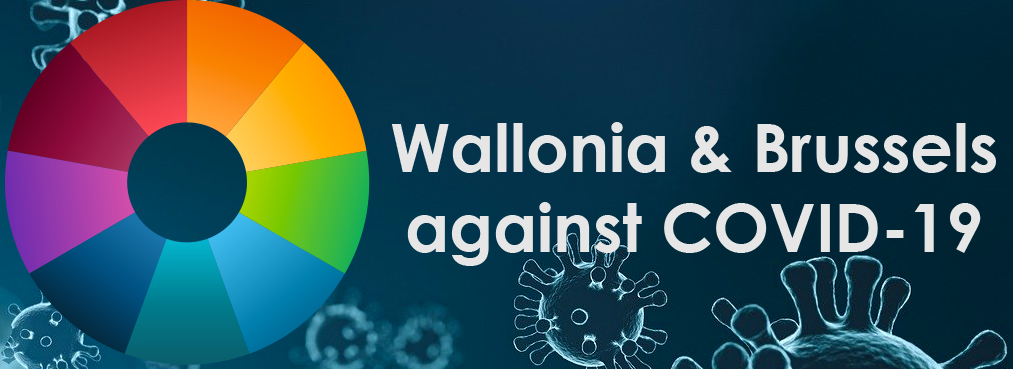Roberto Lazzaroni, Professor
UMONS
" The high-performance computing facility of UMONS (Dragon 2, which is part of the Consortium des Equipements de Calcul Intensif), has been adapted and used to run the analysis of the COVID-19 phylogenetic clusters performed by the Spatial Epidemiology Laboratory at ULB (Dr. S. Dellicour and Prof. M. Gilbert). "
Contact: people involved at UMONS: Sébastien Kozlowskyj, system manager This email address is being protected from spambots. You need JavaScript enabled to view it. Prof. Roberto Lazzaroni This email address is being protected from spambots. You need JavaScript enabled to view it.


